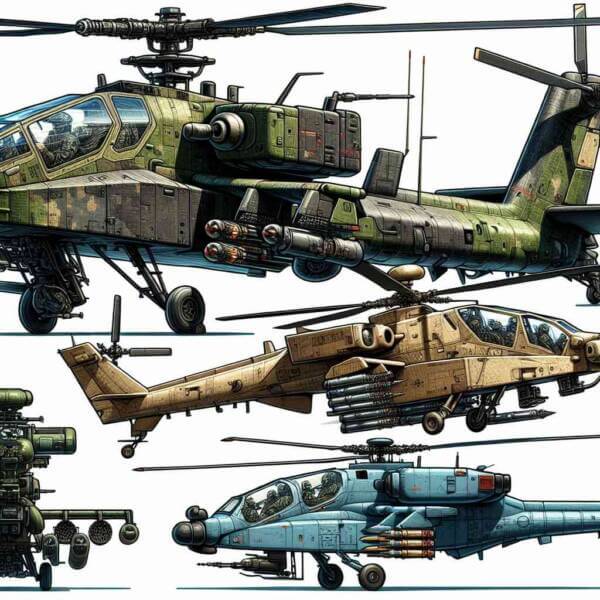Military Aviation: Understanding Its Power and Evolution
Military Aviation: Understanding Its Power and Evolution
Blog Article

Military aviation is a critical pillar of modern defense strategies around the world.
Today, military aviation encompasses a wide range of missions, from fighter jets and bombers to surveillance drones and transport planes.
How Military Aviation Began
As technology advanced, airplanes were adapted for air-to-air battles, changing the nature of warfare forever.
Important events in the evolution of military aviation:
- The introduction of fighter planes and bombers
- Massive growth in air power
- Rapid development of jet technology
- Modern drone warfare
Each era brought new technologies that redefined military capabilities.
Main Categories of Military Aviation
Understanding the types of military aircraft helps in appreciating the complexity of modern air forces.
Common categories of military aircraft are:
- Fighter jets
- Bombers
- Logistical support aircraft
- Eyes in the sky for modern armies
Each type plays a key part in military operations, from supporting ground forces.
The Strategic Value of Military Aviation
Air superiority is essential for achieving military success.
How controlling the air impacts battles:
- Protecting ground forces
- Cutting off enemy resources
- Early warning and real-time data
- Demonstrating power and deterrence
Nations with strong military aviation capabilities can control conflicts.
Technological Innovations in Military Aviation
Military aviation is at the forefront of scientific progress.
Recent innovations include:
- Stealth technology
- Ultra-fast strike capabilities
- Unmanned aircraft operating independently
- New forms of aerial weaponry
These advancements enhance lethality for air forces worldwide.
Challenges in Military Aviation
From high costs to geopolitical tensions, the road to air dominance is never simple.
Pressing issues in military aviation:
- Rising development and maintenance costs
- Need for constant upgrades
- Securing digital communications and data
- Ethical concerns with autonomous weapons
Addressing these challenges is crucial to staying ahead.
What Lies Ahead
Nations visit will continue investing in space-based systems to maintain strategic advantages.
Likely developments:
- Autonomous mission planning
- Space as the next battlefield
- Developing sustainable aviation technology
- Joint defense projects
The next era of military aviation will shape the future of global security.
The Enduring Power of Military Air Forces
Military aviation remains an irreplaceable element in global defense.
As technology continues to evolve, the skies will remain a critical arena where military aviation protects nations.
The future of military aviation is full of potential — and it’s only just beginning. Report this page